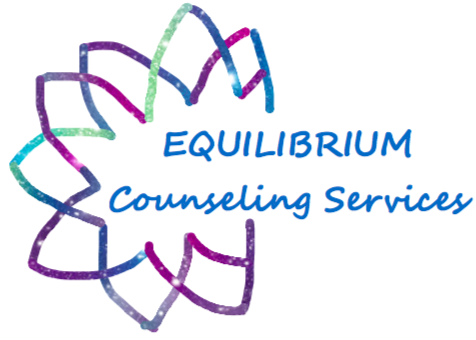The Therapeutic Power of Language
Words hurt, and words heal.
As a graduate student, I was handed a giant book of diagnoses to memorize and told that assigning these carefully to people seeking to better understand why they behaved the way they did would bring clarity about a course of treatment to improve their lives. In my professor’s very next breath, he warned us to be sure to always use “person-first” language, though, lest our clients come to perceive themselves as nothing more than the sum of their symptoms. That is “person with autism,” not “autistic,” for example.
Years later, I would be put in my place: “I can’t separate myself from my autism. It’s not with me, it is a crucial defining characteristic, and that’s not a problem for you to solve.” This confident client had learned via advocacy and community that the way they experienced the world was theirs to put words to, not mine or anyone else’s. This was the beginning of my education from clients - a far more useful one, I might add, than grad school - in the importance of taking off my expert hat and collaborating. Language, as it turns out, is an excellent avenue to do this.
Similarly, the use of euphemisms in lieu of just saying what you mean to say (e.g. chunky for fat; differently abled for disabled) implies that there is something off-limits, shameful, pitiful about the word you’re swapping out. And it’s understandable to make this mistake - language changes rapidly, and sometimes it can be tough to keep up. But in order to avoid further marginalizing folks who have different identities than our own, we must.
“Why do you want to label yourself?” is a question often asked of many of my clients by well-meaning family, friends, and even healthcare providers when they start therapy with the intention of figuring out which of the 157 diagnoses in the Diagnostic and Statistical Manual best fits them. Because words hurt, and words heal. It’s isolating and confusing and deeply painful to experience mental illness or neurodivergence or anything else that sets you apart from a group without understanding why you are different.
It’s all about context. For example, “You should go to therapy!” can be encouraging and a good idea (though I’m admittedly biased), but “You need therapy!” is a (problematic) insult weaponized in the heat of an argument by someone who is probably not concerned about your wellbeing. A diagnosis can pathologize and other a person, and the exact same diagnosis can bring a wave of relief and jump-start a new chapter of someone’s life. This depends largely on - surprise! - the language a therapist uses to explore the diagnosis. For example, “ADHDers have problems focusing” vs. “ADHDers have laser hyper-focus on things that are interesting to them at the expense of things that aren’t.” Rather than a euphemism, the second statement is a truth that highlights the positive without sugar-coating it. There’s room for good and bad and everything in between.
But the therapeutic power of words doesn’t end with identify-first language and strengths-based diagnosis. Some other examples of having the “right words” as a transformative experience:
Small shifts in communication that prioritize accountability and validation: For example, “I statements” rather than accusatory “You always ___” when arguing can bring down defenses and allow you to be heard. And boundaries that clearly state a specific need and the action you will take if the need is not met make change more accessible in relationships and prevent resentment. Instead of "Stop being so annoying," try "I'm having difficulty focusing because of your interruptions. I'd like you to stop, and if you're not able to do that, I'm going to have to find somewhere else to work."
Learning that vocabulary for old feelings or experiences that may have previously felt bad or wrong, such as “agender,” “demisexual,” “avoidantly attached,” etc. already exists can normalize, affirm, and build shame resilience. It can also provide access to supportive communities you might not have known existed, such as the hashtag #ActuallyAutistic on social media that differentiates people sharing about their lived experience from those talking about them, or trading in a Google search of "body positivity" for the more inclusive and diverse "fat liberation." Suddenly, new resources abound.
Negative self-talk so often feels true because you have "evidence" to back it up, but what if I told you that the behavior you deemed "selfish" was actually capital-S "Selfish;" that is, we need to be Selfish sometimes to survive and thrive? Might it make it easier to access compassion for yourself? Or, what if rather than being "lazy" as others might've accused you of when it was hard to find motivation, I told you that what I saw was "task initiation challenges" common when struggling with mental illness that we could work together to troubleshoot? It's more than just semantics!
Whether words hurt or heal has everything to do with whether they’re being used with consent and with the intent to understand, build community, access resources, and liberate - never to tear someone down. If you’re not sure what your words are, a therapist can help guide you to find them.
